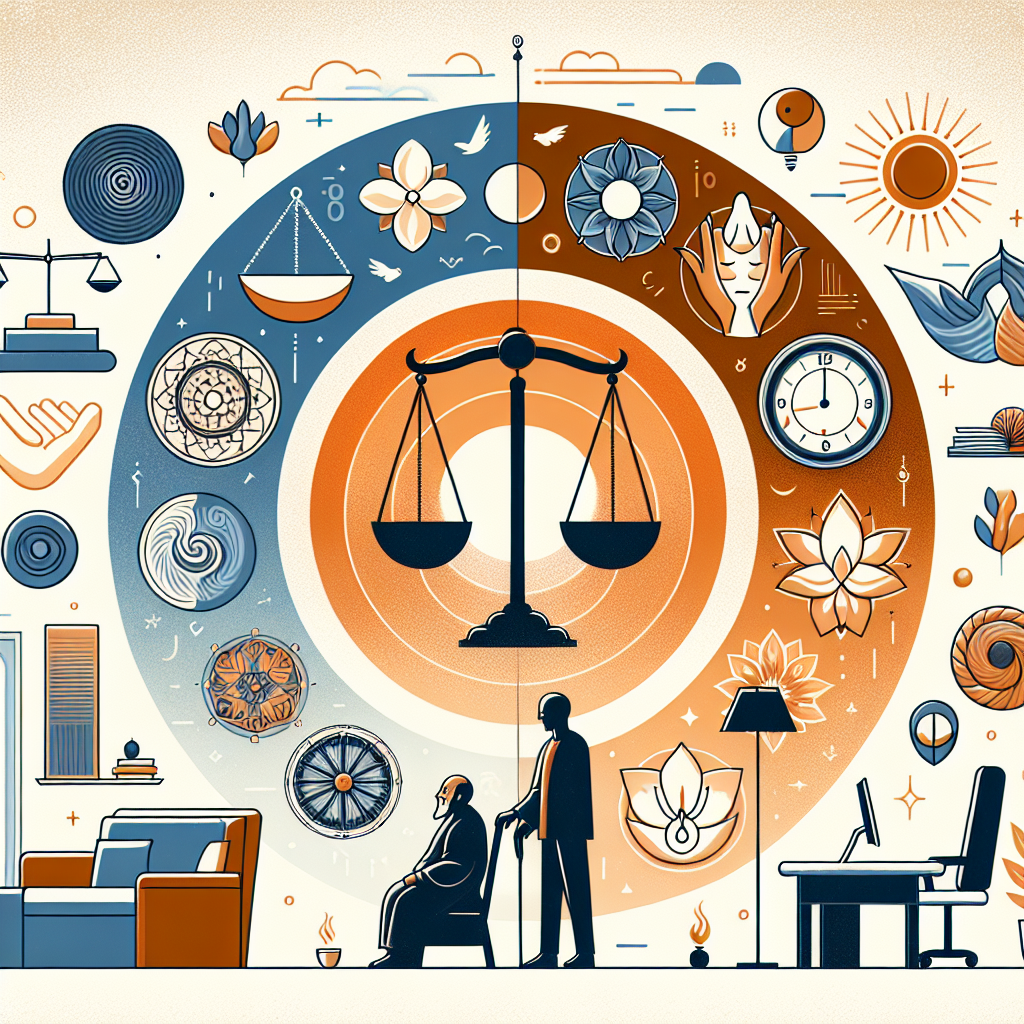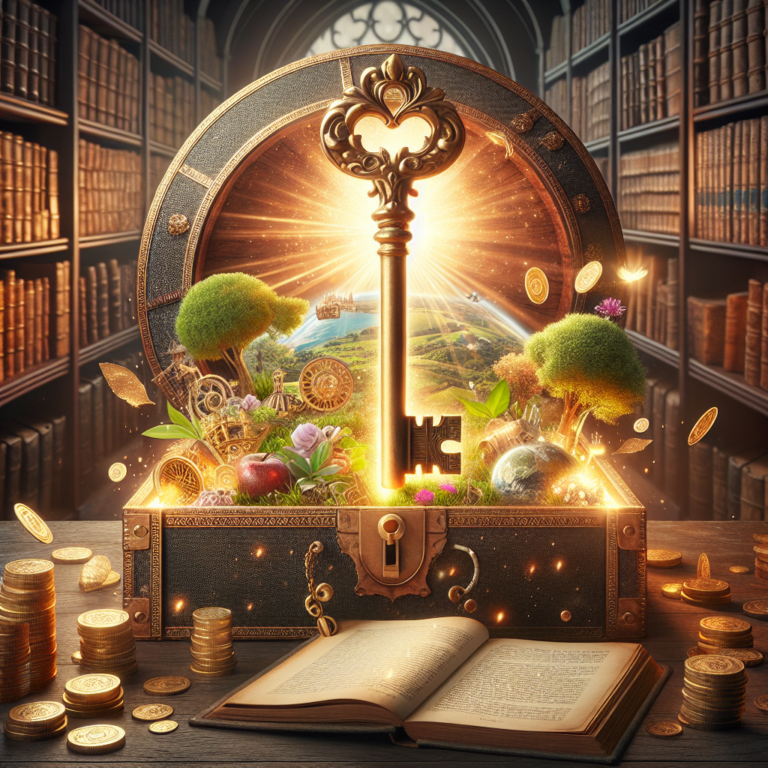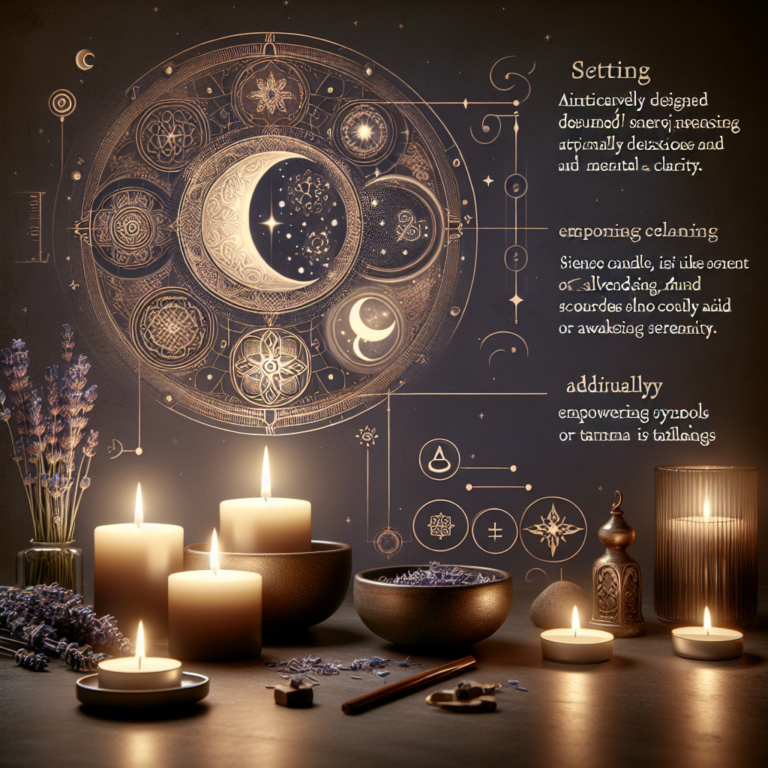Introduction to Dharma
Dharma is a term that originates from ancient Indian philosophies and religions, particularly Hinduism and Buddhism. At its core, Dharma refers to the moral order of the universe, the law of being, and the duties and ethical responsibilities that govern both individuals and society. In contemporary life, the concept of Dharma can provide profound insights and guidance for living a balanced, purposeful existence. It serves not only as a spiritual principle but also as a practical framework for our actions, choices, and interactions in the modern world.
Historical Context of Dharma
To understand Dharma, it is essential to explore its historical context. The concept has evolved over thousands of years, shaping philosophical thought, social norms, and ethical practices across different cultures. In Hindu texts like the Bhagavad Gita, Dharma is discussed extensively, emphasizing the importance of one’s duty according to their role in society (varna) and the stage of life (ashrama). Similarly, Buddhism presents Dharma as the law of nature, encapsulating the teachings of the Buddha about ethical conduct, mental discipline, and wisdom.
Dharma in Everyday Life
In today’s fast-paced and often chaotic world, understanding and applying the principles of Dharma can help individuals find clarity and purpose. Here are some key aspects of Dharma that are relevant for navigating modern challenges:
1. Duty and Responsibility
At the most basic level, Dharma calls for an understanding of one’s duties and responsibilities, both to oneself and to others. This includes familial obligations, work commitments, and community engagement. Recognizing what is expected of us can help mitigate the stresses of modern life and foster a sense of belonging.
2. Ethics and Morality
Dharma encourages us to lead lives characterized by ethical behavior and moral integrity. This means making choices that reflect fairness, compassion, and justice. In a world that often prioritizes self-interest, adhering to a strong moral compass can inspire one to act with integrity.
3. Balance and Harmony
Finding balance is a key aspect of Dharma. This involves harmonizing various aspects of life, including work, relationships, and personal well-being. By understanding our own limits and setting boundaries, we can achieve a more fulfilling and peaceful existence.
4. Flexibility and Adaptation
Dharma is not a rigid doctrine; it is adaptive and context-sensitive. What constitutes one’s duty may change over time and can differ from one person to another based on circumstances, culture, and personal growth. Embracing change and being open to new understandings of duty is essential for a harmonious life.
5. Connection with Nature
The natural world plays a critical role in the understanding of Dharma. Many ancient texts emphasize the interconnectedness of all living beings and the environment. By cultivating a respectful and sustainable relationship with nature, we can live in accordance with the natural order and support the health of our planet.
Dharma and Personal Growth
Embracing Dharma can facilitate personal growth and self-discovery. Here are several ways in which understanding Dharma can contribute to individual development:
1. Self-Reflection
Engaging with the principles of Dharma encourages self-reflection. Taking time to consider one’s values, actions, and contributions can lead to greater self-awareness and empowerment. This introspection helps individuals align their lives with their deeper beliefs and aspirations.
2. Building Resilience
Understanding the cyclical nature of life and the impermanence of circumstances, as expressed in Dharma, fosters resilience. Acknowledging that challenges are part of the human experience can build mental fortitude and adaptability, allowing individuals to navigate adversity more effectively.
3. Fostering Compassion
Compassion is a vital aspect of Dharma. By recognizing the inherent interconnectedness of all beings, we cultivate empathy and understanding towards others. This, in turn, promotes harmonious relationships and a sense of community.
Dharma in Professional Life
In the realm of work, applying the principles of Dharma can lead to more ethical business practices and a healthier workplace culture:
1. Ethical Leadership
Dharma encourages leaders to act ethically and foster environments rooted in respect and fairness. Leaders who embody these principles inspire trust and loyalty among their teams, ultimately leading to greater productivity and innovation.
2. Collaboration and Teamwork
Understanding our duties towards colleagues fosters collaboration. Recognizing that everyone has unique contributions promotes a sense of unity and collective purpose, enriching the workplace experience.
3. Work-Life Balance
Applying aspects of Dharma encourages individuals to seek balance in their professional and personal lives. Establishing boundaries and nurturing self-care practices can lead to enhanced well-being and job satisfaction.
Spiritual Aspects of Dharma
Dharma is not only practical but also deeply spiritual:
1. Inner Peace
Living in accordance with Dharma brings a sense of inner peace and fulfillment. Aligning actions with one’s values nurtures a deeper connection to oneself and to the universe, facilitating spiritual growth.
2. Purpose and Meaning
Understanding and applying Dharma can help individuals uncover their purpose in life. When actions are aligned with higher values and collective well-being, life takes on greater significance.
Challenges in Understanding Dharma Today
While Dharma presents a valuable framework, individuals may encounter challenges when trying to incorporate it into their daily lives:
1. Cultural Displacement
In an increasingly globalized world, cultural backgrounds may influence how individuals perceive and practice Dharma. Balancing traditional values with contemporary lifestyles can be challenging.
2. Information Overload
The abundance of information in the modern age often leads to confusion about what constitutes one’s duty or ethical responsibility. Distilling one’s values from a plethora of beliefs can be overwhelming.
Conclusion
The concept of Dharma offers a timeless and transformative framework for navigating the complexities of modern life. By focusing on duty, ethics, balance, compassion, and personal growth, individuals can cultivate richer, more meaningful lives. Understanding Dharma empowers us to make choices that reflect our values and responsibilities, allowing us to contribute positively to our communities while fostering personal development. In a world that often feels disconnected, Dharma serves as a reminder of our interconnectedness and the power of our choices in shaping not just our own destinies, but the fate of the collective as well.
FAQs about Dharma
What is Dharma in simple terms?
Dharma refers to the moral and ethical duties that one should follow in life. It encompasses responsibilities towards oneself and others, guiding individuals in making choices that align with their values and the broader society.
How does Dharma apply to everyday life?
Dharma can be applied in everyday life by understanding and fulfilling one’s responsibilities, acting ethically, seeking balance, and fostering compassion in interactions with others.
Is Dharma the same for everyone?
No, Dharma can be different for each individual, influenced by their unique circumstances, culture, and personal beliefs. It is essential to reflect on what one’s own Dharma entails.
Can Dharma change over time?
Yes, Dharma is adaptable and can change according to life stages, situations, and personal growth. It’s important to remain open to redefining one’s responsibilities throughout life.
How can I discover my own Dharma?
Discovering your Dharma involves self-reflection, assessing your values and passions, and considering your roles and responsibilities in various aspects of life. Journaling, meditation, and seeking guidance from mentors can also be helpful.
, It looks like you might be looking for inspiration or a specific prompt! Could you provide a bit more detail about what type of prompt you’re interested in? For example, are you looking for writing prompts, art prompts, discussion topics, or something else? Let me know how I can assist you!, #Everyday #Wisdom #Understanding #Dharma #Modern #Life, #Everyday #Wisdom #Understanding #Dharma #Modern #Life, 1734057166, everyday-wisdom-understanding-dharma-in-modern-life





